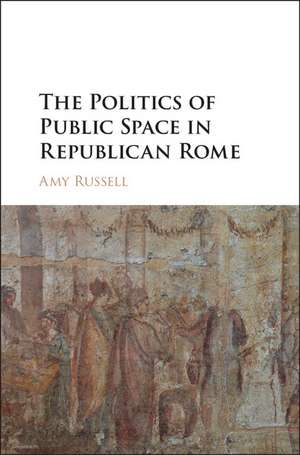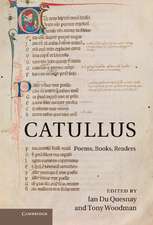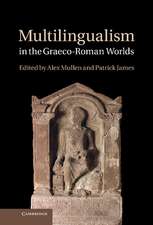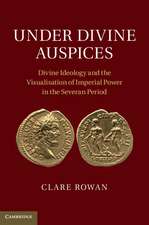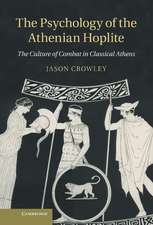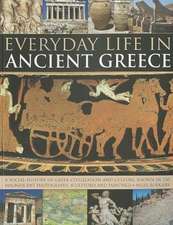The Politics of Public Space in Republican Rome
Autor Amy Russellen Limba Engleză Hardback – 30 noi 2015
Preț: 694.71 lei
Preț vechi: 780.58 lei
-11% Nou
Puncte Express: 1042
Preț estimativ în valută:
132.94€ • 139.79$ • 109.84£
132.94€ • 139.79$ • 109.84£
Carte tipărită la comandă
Livrare economică 17 aprilie-01 mai
Preluare comenzi: 021 569.72.76
Specificații
ISBN-13: 9781107040496
ISBN-10: 1107040493
Pagini: 248
Dimensiuni: 152 x 229 x 16 mm
Greutate: 0.54 kg
Editura: Cambridge University Press
Colecția Cambridge University Press
Locul publicării:New York, United States
ISBN-10: 1107040493
Pagini: 248
Dimensiuni: 152 x 229 x 16 mm
Greutate: 0.54 kg
Editura: Cambridge University Press
Colecția Cambridge University Press
Locul publicării:New York, United States
Cuprins
1. Introduction; 2. Roman concepts: publicus and privatus; 3. The definition of political space in the Forum Romanum; 4. The Forum between political space and private space; 5. Gods, patrons, and community in sacred space; 6. Greek, Roman, public, and private: the space of art and the art of space; 7. Pompey and the privatisation of public space on the Campus Martius; 8. Conclusion: the death of public space?
Notă biografică
Descriere
This book explores how public space in Republican Rome was an unstable category marked, experienced, and defined by multiple actors and audiences.
